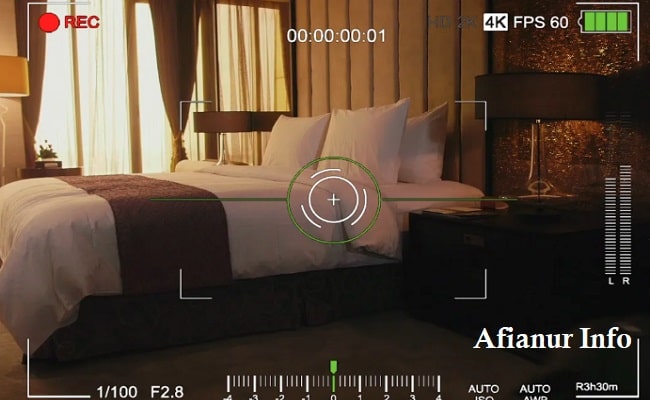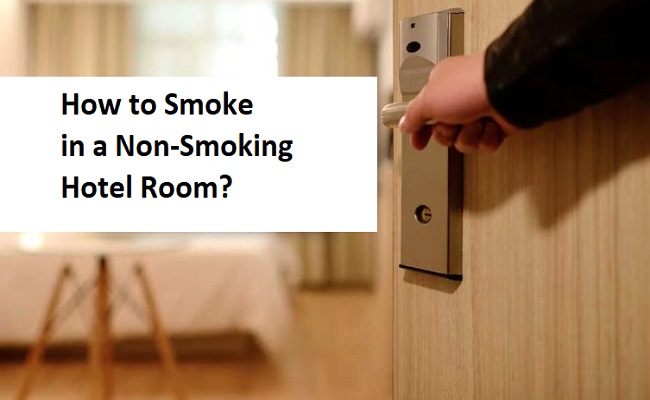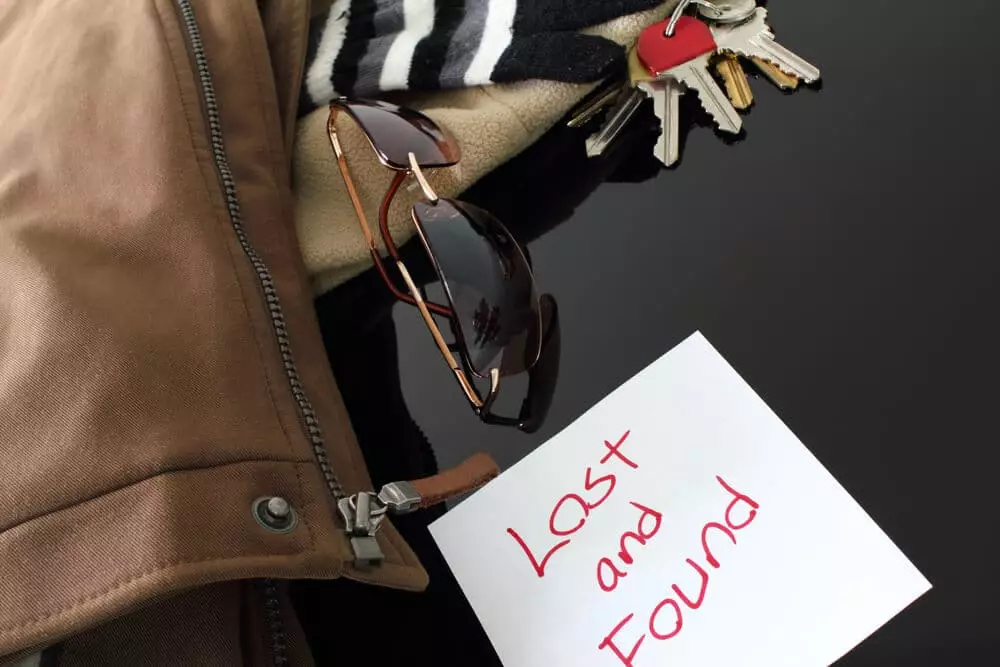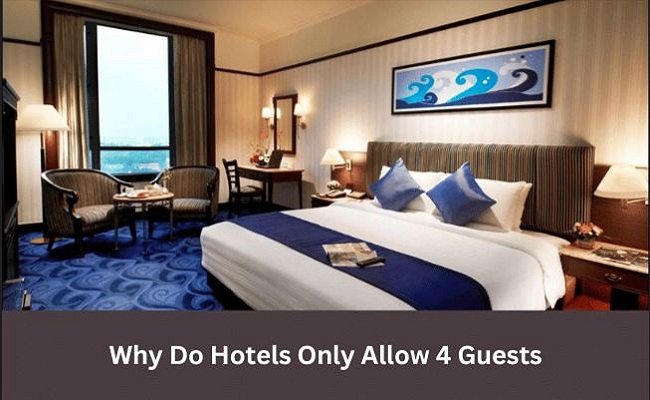Do you know Is It legal to have cameras in Hotel Rooms? Yes, it is legal to have cameras in hotel rooms as long as guests are made aware of their presence. Cameras must not be installed in private areas like bathrooms or bedrooms.
Hotels must comply with privacy laws and inform guests about any surveillance equipment in use. Having cameras in public areas can help ensure guest safety and prevent theft or other crimes.
Security Cameras: Enhancing Guest Safety Or Invasion Of Privacy?
Security cameras in hotel rooms, while intended to enhance guest in hotel safety, can raise concerns about invasion of privacy. Several case studies highlight the delicate balance between privacy and security. One such case involved a major hotel chain facing a lawsuit for secretly recording guests.
The lawsuit claimed violation of privacy rights, emphasizing the potential misuse of footage. On the other hand, proponents argue that security cameras act as a deterrent against criminal activities like theft or assault. National and international legal perspectives vary on the legality of hotel room cameras.
Some countries have explicit laws prohibiting hidden surveillance, while others allow it under certain circumstances. It is crucial for hotel chains and privacy advocates to collaboratively navigate this complex issue and implement necessary safeguards to protect guest privacy while ensuring their safety.
The challenge lies in striking a balance that respects both privacy rights and security needs.
Hotel Policies And Disclosure: What Guests Should Know
Hotel guests may wonder about the legality of cameras in hotel rooms. It is important for hotels to clearly communicate their surveillance policies to guests. This can be done through verbal disclosures or written notices. By law, hotels must disclose the presence of cameras and inform guests about their surveillance policies.
However, the specific requirements for disclosure may vary. Some jurisdictions may require hotels to provide written notices, while others may allow verbal disclosures. It is important for guests to be aware of these policies when staying in a hotel. They should take the time to read any notices provided and inquire about surveillance practices if they have any concerns.
Being informed about hotel surveillance policies can help guests make informed decisions about their privacy and comfort during their stay.
Understanding Consent: When Do Hotels Need It?
Cameras in hotel rooms raise questions about privacy and legal obligations. Hotels must understand when consent is required from guests. Legal definitions and obligations surrounding consent and hotel guest privacy can vary. However, exceptions do exist, especially in emergency situations and public spaces where consent may not be necessary.
Hoteliers need to navigate the delicate balance between maintaining security and respecting guest privacy. It is crucial for hotels to have clear policies and guidelines in place to ensure compliance with applicable laws and regulations. By prioritizing transparency and effective communication with guests, hotels can create an environment that upholds privacy rights while still providing necessary security measures.
Understanding the nuances of consent and privacy can help hotels foster trust and loyalty among their guests.
Hidden Cameras: The Gray Area Of Hotel Surveillance
Hidden cameras in hotel rooms raise legal and ethical concerns in the realm of surveillance. Covert surveillance poses a gray area when it comes to guest privacy rights. Hotel guests have the right to know if they are being monitored without their consent.
Protections and rights have been established to address the issue of discovering hidden cameras. Hotel regulations and laws vary, so it’s important to familiarize yourself with the local legislation. If you suspect hidden cameras in your hotel room, report it to the management or authorities immediately.
Maintaining guest privacy and providing a secure environment should be a top priority for hotels. As a guest, be aware of your rights and take necessary precautions to protect your privacy when staying in hotels.
Protecting Yourself: Tips For Ensuring Privacy In Hotel Rooms
Having cameras in hotel rooms is a concerning issue for travelers concerned about their privacy. When staying at a hotel, it is important to take steps to protect yourself. One way to ensure privacy is to physically inspect the room for any visible surveillance devices.
This entails carefully examining the room, including furniture, fixtures, and even the walls, for any suspicious objects that could potentially be cameras or recording devices. Additionally, electronic sweeps can be conducted to detect hidden cameras and recording devices. These sweeps involve using specialized equipment to scan the room for any electronic signals that might indicate the presence of surveillance equipment.
By being proactive and taking these precautions, travelers can help safeguard their privacy and ensure a more secure hotel stay.
Can I invite guest to my Hotel?
Yes, you can invite guest to my Hotel. Although daytime visitors are typically permitted, hotels frequently limit the number of overnight guests. This precaution is taken to guarantee the safety and security of all guests while also preventing unauthorized individuals from staying overnight. It is customary for hotels to ask that all overnight guests register at the front desk and present valid identification.
Legal Recourse: What To Do If Your Privacy Is Violated
Cameras in hotel rooms can be a concerning issue, especially when it comes to privacy. If your privacy has been violated, it is crucial to know what legal recourse you have. The first step is to report the privacy violations to the proper authorities.
Contacting the local police department or hotel management is essential. They can guide you further on the next steps to take. Depending on the nature of the violation, both civil and criminal actions may be possible. Liability for the violation lies with the hotel or the person responsible for placing the cameras.
Punitive measures may also be taken to ensure that such violations do not occur again in the future. It is important to remember that the law provides protection against privacy infringements, and taking appropriate action can help safeguard your rights.
Frequently Asked Questions For Is It Legal To Have Cameras In Hotel Rooms
Can I Use A Camera In My Hotel Room?
It is generally not allowed to use a camera in your hotel room.
Are Hotels Allowed To Have Cameras In Bathrooms?
Hotels are not allowed to have cameras in bathrooms due to privacy laws.
Can Anyone Look At Hotel Security Footage?
No, not just anyone can access hotel security footage.
How to dispute in hotel smoking charges?
To Dispute in hotel smoking charges, attempt to address the matter directly with the hotel. If this proves unsuccessful, you have the option to contest the Hotel charge with your credit card provider. It is important to note that your credit card company may request supporting evidence for the dispute, such as photographs or receipts.
Do Hotels Not Have Cameras?
Hotels generally have cameras for security purposes.
Are Hotel Rooms Legally Allowed To Have Cameras?
Yes, hotel rooms are legally allowed to have cameras for security and customer safety purposes.
What Should I Do If I Find A Hidden Camera In My Hotel Room?
If you discover a hidden camera in your hotel room, immediately report it to the hotel management to address the situation and ensure your privacy.
Conclusion
To summarize, the legality of having cameras in hotel rooms is a complex issue that varies from jurisdiction to jurisdiction. While some countries have strict laws prohibiting the use of hidden cameras in private spaces without consent, others have more lenient regulations or lack clear guidelines altogether.
It is essential for hotel owners to prioritize guest privacy and security by adhering to local laws and regulations. Additionally, guests should remain vigilant and take necessary precautions to protect their privacy while staying in hotel rooms. Always be aware of your surroundings and report any suspicious activity to hotel management or local authorities.
Ultimately, both hotel owners and guests must work together to ensure a safe and secure environment while respecting privacy rights. By staying informed and taking appropriate measures, we can create a balance between privacy and security in hotel rooms.




